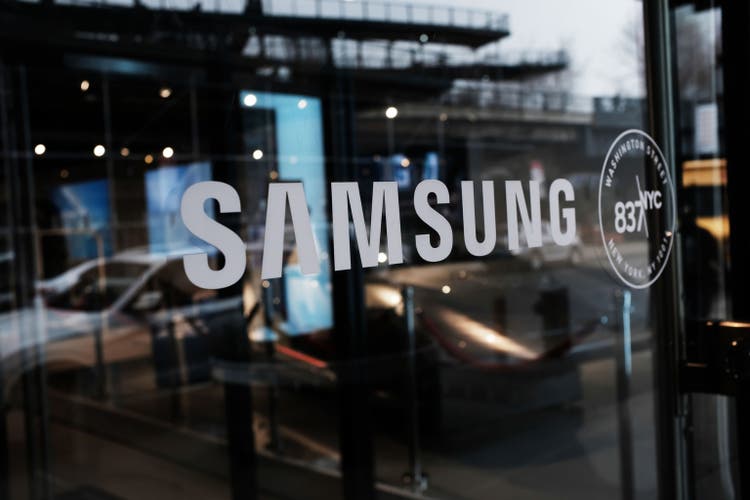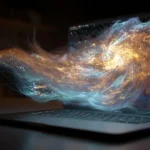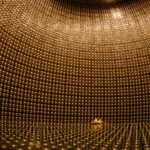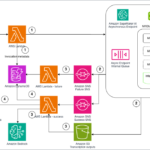
Spencer Platt/Getty Images News
Samsung Electronics’ (OTCPK:SSNLF) will raise the prices of DRAM for servers and NAND flash products for companies by 15% to 20% in the third quarter, Maeil Business Newspaper reported.
The South Korean company is expected to improve its performance in the second half of the year as competition for memory has risen due to an increase in demand for artificial intelligence, or AI, products.
Samsung recently informed major customers including, Dell Technologies (DELL) and Hewlett Packard Enterprise (HPE) of the price hikes, the report added.
Earlier, Samsung had increased raised the price of NAND flash for enterprise by over 20% in the second quarter. Following the first half of the year, the AI frenzy led to an increase in server demand in the second half of the year, according to the report.
In April, reportedly, Samsung intended to carry out a price increase of 20% to 25% on enterprise SSD in the second quarter of 2024.
Meanwhile, rival Micron Technology (MU) also planned to sequentially increase the price of its dynamic random access memory, or DRAM, and SSD products by over 25% during the second quarter. Western Digital (WDC) had also noted that it would continue to implement price increases for flash memory and hard drive products in the second quarter. quarter,
The price of DDR4, a server DRAM, was initially expected to increase only slightly to $144 in the third quarter from $140 in the second quarter. However, in reality, it is more likely to cost $160 or higher, the report noted.
Customers, which usually presented demand for the next quarter, are now informing semiconductor companies of their annual plans, the report added a semiconductor industry official. The customers are focusing on securing supplies.
The final negotiation price could go above 15% because currently it is a supplier-dominant market, the official stated as per the report.
The market for high bandwidth memory, or HBM, is led by South Korean companies SK Hynix and Samsung (OTCPK:SSNLF), and to a lesser extent by Micron (MU).










